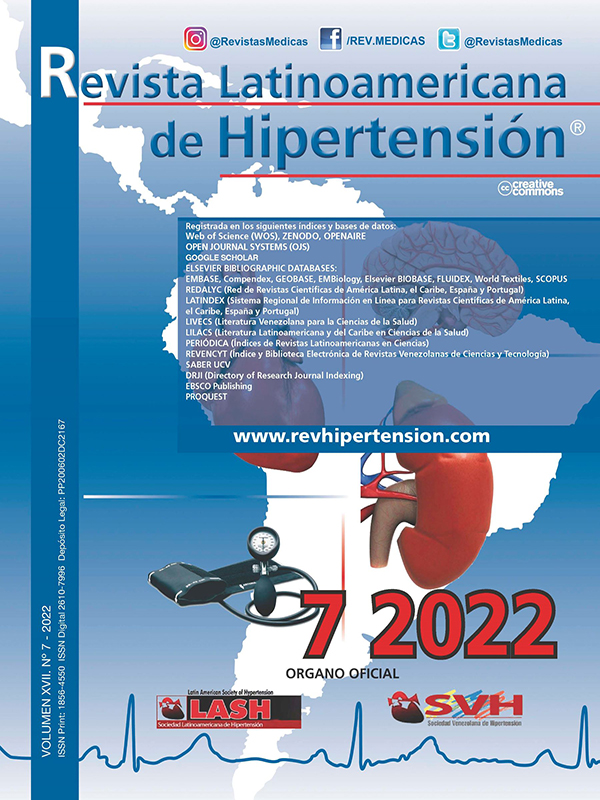Endothelial dysfunction and atherosclerosis: Pathophysiologic link
Abstract
Atherosclerosis is the main precursor of cardiovascular disease (CVD), and given its epidemiological importance, interest in determining the underlying molecular mechanisms has risen, aiming to establish novel therapeutic strategies. Owing to their strategic localization and their functions, endothelial cells have been established as the missing link between cardiovascular risk factor and the development of atherosclerosis. This is due to elements such as the overproduction of reactive oxygen species, greater oxidative stress, and endothelial dysfunction. Moreover, endothelial dysfunction has been demonstrated to precede the development of detectable atherosclerotic plaques, and this predicts disease prognosis as a fundamental early event in the atherogenic process. These components represent invaluable targets for research in the future. The objective of this review is to describe current knowledge on the relationship between the molecular mechanisms underlying atherosclerosis and endothelial dysfunction and its link to CVD.

